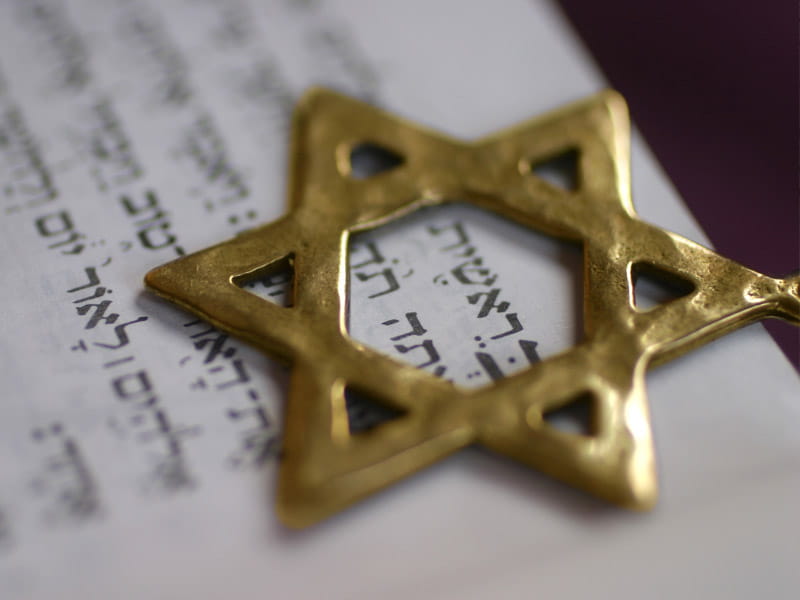I would get a great pleasure hearing from her. My parents, who as usual were hosting the seder, would be relieved that the tradition of the youngest--the very youngest--reciting at least one of the questions was living on.
Sarah repeated the ancient Hebrew words after me in a delicate voice just mustering its own color and character. Its hesitating thinness was charming; its frailty made you lean just a little closer to hear her; her stumblings gave her a vulnerability that made you want to draw her to your breast.
For Sarah, the question was a revelation, an aural journey that had little meaning save the pure joy of the sound--mine, then hers, mimicking the strange Semitic ones. Her buoyant way with the awkward words would give the seder a newness, a lightness.
We practiced the question until, by seder time, she had it down pat. And so came the gefilte fish and the horseradish and the Manischewitz--but nothing from Sarah. It may have been the paralyzing thrill of performing for her grandparents. Maybe it was just the endless landscape of food laid out before her. Perhaps she was silenced by the muffled titters of her two older cousins. I'll never know. But whatever it was, all we got from her was a confused and pleading stare.
Her cousins finally said all the questions--Sarah's and the ones they were ready to say--and the seder went on. It was a good seder--they always are--but this one lacked what would have been a special moment: Sarah's celebratory moment of innocence, her halting asking for an answer to a question that she didn't even understand.
The next morning, we headed off for another annual excursion: Easter lunch with my wife's parents.
I told the others what she had said, and there was a round of nodding smiles. Sarah knew. She knew that the previous night had been different. She knew that this afternoon was different. She knew that this coming evening would be different. She knew that going from a seder to an Easter banquet in less than 24 hours was a difference she would have to struggle with and answer to for her entire life. For her, the holidays changed and crystallized her breathing, her pacing, her world: That Passover-to-Easter journey was one that would mark her entire life, her entire soul.
I was the only one who had heard Sarah's soft, feather-like whispering, the only one who had felt the weight of history and tradition behind her words. And Sarah was the only one who was not moved in any way by her asking.
She went back to playing with her food, and the rest of us--the bemusement thinning--went back to eating ours. There was still a lunch to get through and a night that was fast approaching--the second night of Passover--that I, for one, knew would be different from any other of the year.

